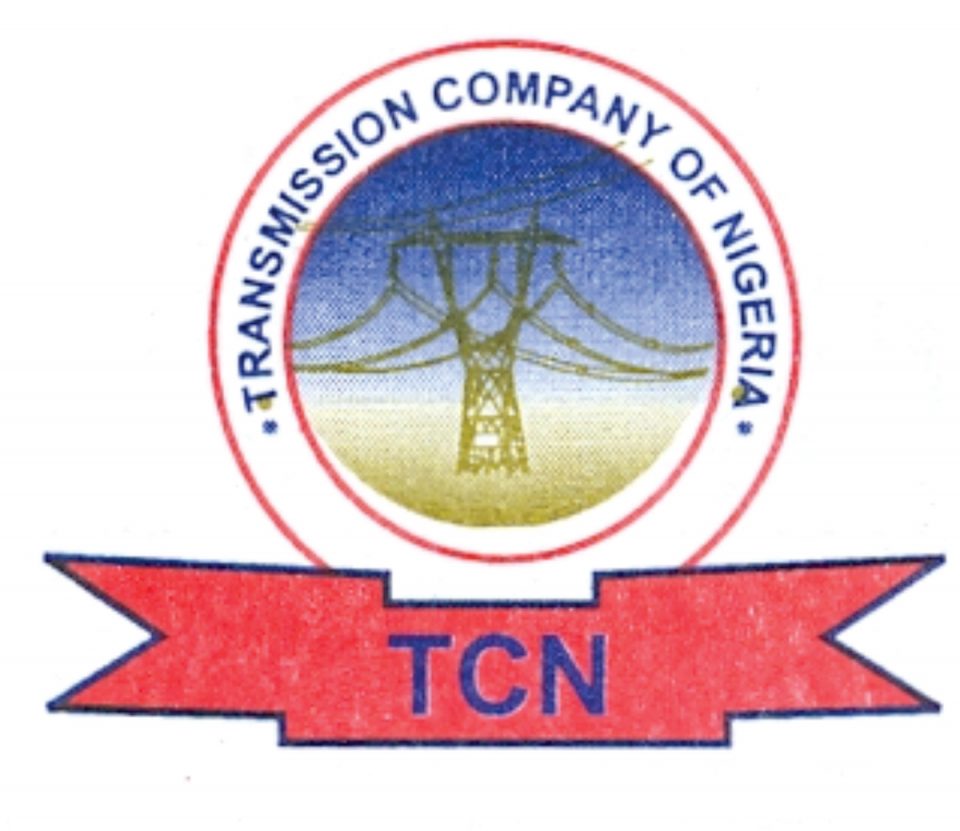In a bid to proffer a solution to the perennial collapse of the national grid, the co-founder of PUTTRU, Monica Maduekwe, has called for an urgent decentralisation of the activities of the Transmission Company of Nigeria.
PUTTRU, an African digital platform that connects energy companies in the continent to global financiers, said this in a statement on Wednesday.
Maduekwe canvassed an urgent decentralisation of the activities of the TCN, after enacting the necessary laws currently being promoted in the ongoing constitutional reforms.
She maintained it would not only boost investments in the sector but also help states with such capacities to broaden their energy potentials.
The PUTTRU decried the huge losses to the economy on account of poor electricity, harping that legislation in this regard would be a game-changer in the electricity sector.
The statement read in part, “In Nigeria, the function of planning and dispatching electricity from power generators feeding electricity into the national grid is centralised and done by a single system operator, the TCN, who is also the transmission service provider.
“Nigeria currently has the capacity to generate more electricity than is made available to consumers. In January this year, Nigerians were made aware that in 2021, although having an available capacity of 6,336.52 MW, only 4,118.98 MW was fed to the national grid. From 2015 to 2021, it is reported that generators in Nigeria have lost about N1.632trillion.
“Due to challenges in our transmission and distribution infrastructure, power generators are compelled to reduce their capacity, or the electricity produced is rejected by the system operator.
TCN blames Gencos for poor power supply
“This situation is hampering investment across Nigeria’s power sector. The Bill obviously seeks to enable states to bypass these systemic challenges. And, if passed, such a Bill will indeed do so for states that have a clear strategy and managerial capacity to execute this, thus increasing electricity available to those states.
“However, this may lead to revenue losses for some incumbent market participants, including the national grid system operator – but, considering the new market opportunities this could create for TCN; this structure presents a more positive outlook than negative for the public entity.”
“This bill, if passed, could be the game-changer for Nigeria’s power sector as it could fast-track, and lead to, a more competitive market structure as envisaged in the market rules for the Nigerian Electricity Supply Industry. Although the market still exhibits features of the transitional stage, in the medium-term market, Nigeria will implement a balancing market where electricity will be traded in a spot market.
“A reliable transmission and distribution system would be essential for this to exist and having state-level markets, and simplification by decentralisation, could enable the country to tackle the perennial system constraints stifling the power sector,” she said.




